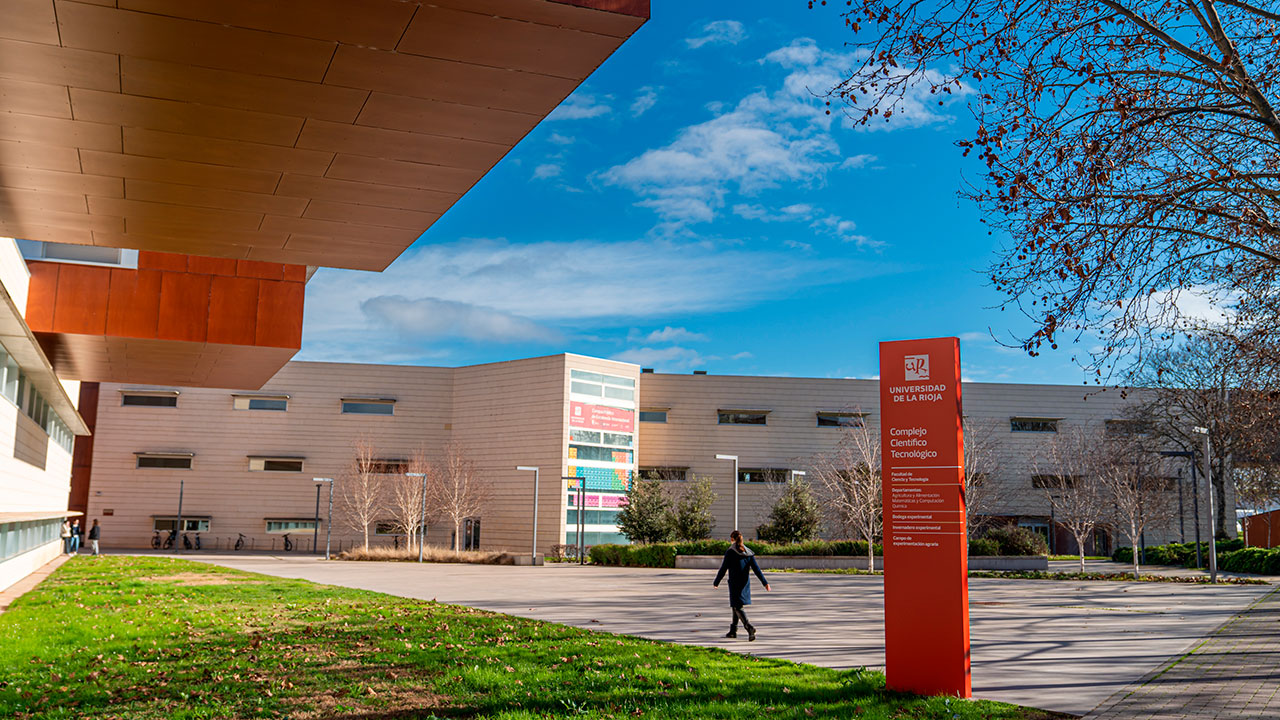Welcome
The influence of Gröbner bases on Algebra and Geometry during the last decades cannot be overstated; however, using Buchberger's algorithm as a default method in solving problems may lead to unnecessary computations.
Consequently, alternative algorithms have been proposed: Gröbner-free Solving (or, more generally, Degröbnerization) proposes to find alternative ways to get the same solutions, using, for example, tools from Linear Algebra and Combinatorics.
This approach consists in finding new ways to solve specific problems that have been originally solved using Gröbner basis computation and Buchberger's reduction, leaving the use of the latter only to the cases where it is really necessary; usually, the "new ways'' consist in using linear algebra and combinatorial methods.
Degröbnerization is also largely used to study the reverse problem with respect to solving, namely the bonding problem for algebras and ideals: Given the variety associated with a 0-dimensional ideal, i.e. a finite set of points, the structure of the quotient algebra (which actually contains more information than the ideal itself) can be recovered only using Combinatorics.
Four cornerstones of Degröbnerization are Auzinger-Stetter Matrices, Mourrain's notion of connected to 1, Lundqvist's fast algorithm for merging sorted lists of monomials and adding polynomials and Cerlienco-Mureddu Correspondence.
The aim of this conference is to bring together researchers on the main areas around Degröbnerization. We plan to have a conference, but also a workshop, with a timing sufficiently relaxed to allow participants to discuss and work together.
Topics include
- Combinatorial techniques to deal with monomial/polynomial ideals.
- Recent developments on the theory -started by Hilbert-on “how to concretely manipulate polynomial ideals”, e.g. ideal theory, resolutions, Hilbert function.
- Improvements and/or optimizations of Buchberger's, Janet's and Macaulay's algorithms.
- Extensions of these algorithms to a wider class of (not necessarily commutative) rings; for instance, Moeller's reformulation of Buchberger completion/test in terms of his Lifting Theorem is today available in each effectively given ring (in the sense used by Grete Hermann and van der Waerden).
- Extensions to subalgebras.
- 0-dimensional solving/bonding problems.
- Gröbner and Gröbner free methods for ideals generated by generic objects.
- Application of classical matrices for manipulating algebras and ideals.
- Extension of degröbnerization to non-0-dimensional ideals.
- Extension of degröbnerization to sub-algebras.
- Tag-variable techniques.
- Extension of degröbnerization to non-commutative settings.
- Parametric polynomial system solving.
- Applications, for example to coding theory, cryptography, reverse engineering, biology, algebraic statistics and so on.
The conference will consist of plenary talks by Carlos D'Andrea (U. Barcelona) and F. Mohammadi (KU Leuven), and also contributed talks.
Abstracts and publication
The accepted abstracts will be distributed at the conference.
Some of the accepted talks, on decision of the Organizing Committee, will be allowed to submit a complete paper which will be published in Winter 2024 in a special issue of Journal AAECC, after a referee evaluation according to the standard of the Journal.
Submission instructions and dates
If you are interested in participating to this session, please send an abstract (3 pages maximum, both in .tex and .pdf) to any of the organizers:
Schedule
Wednesday March 13th
9.00-9.30 h
Registration and opening
9.30-10.30 h
Plenary Talk
Determinants and resultants in elimination theory
Carlos D’Andrea
Universitat de Barcelona (Spain)
10.30-11.00 h
Coffee Break
11.00-13.00 h
Contributed talks
Teo Mora
Universitá di Genova (Italy)
A termordering free variation of Möller algorithm
Michela Ceria
Politecnico di Bari (Italy)
Degröbnerizing data modelling
Carles Checa
National and Kapodistrian University of Athens (Greece)
Some Canny-Emiris formulas for the dense and multihomogeneous resultant
15.30-18.30 h
Working sessions
Thursday March 14th
9.30-10.30 h
Plenary Talk
Computational challenges in Gröbner Fans and Tropical Varieties
Fatemeh Mohammadi
KU Leuven (Belgium)
10.30-11.00 h
Coffee Break
11.00-13.00 h
Contributed talks
Anna Torstensson
Lund University (Sweden)
Subalgebras of the univariate polynomial algebra
Erik Leffler
Lund University (Sweden)
Describing finite codimensional polynomial subalgebras using partial derivatives
Javier Rández-Ibáñez
Universidad de La Rioja (Spain)
Hall bases and algorithms of Lie algebras
15.30-17.30 h
Working sessions
20.30 h
Conference dinner
Friday March 15th
9.30-11.30 h
Contributed talks
Eduardo Sáenz-de-Cabezón
Universidad de La Rioja (Spain)
On the combinatorics of Janet bases
Rodrigo Iglesias
Universidad de La Rioja (Spain)
The minimal free resolution of the Rees algebra of tri-generated bivariate monomial ideals
Matthias Orth
Universität Kassel (Germany)
Involutive-like bases for Rees ideals of monomial curves
11.30-12.00 h
Coffee-break
12.00-13.30 h
Working sessions
15.30-17.30 h
Working sessions
Registration
To participate please send an email to esaenz-d@unirioja.es with the topic “Registration GrobnerFree”. The email should include your full name and affiliation.
Registration fee:
100 € no lunch included or 145 € lunch included for the three days.
The registration fee is to be paid by bank transfer to the following account (Banco Santander):
IBAN: ES89 0049 6684 19 2116076478
SWIFT: BSCHESMM
Please indicate “Congreso GrobnerFree” when doing the payment, and send a confirmation document to the registration email esaenz-d@unirioja.es
We plan to have free registration for some students who want to attend and have no financial support, if this is your case, please indicate it in the registration email.
Local information
The workshop will be held at the Seminario Mirian Andrés, located in the CCT building of the Universidad de La Rioja (see university map below).
Accomodation
There is a reasonably good choice of hotels in Logroño.
The list includes:
Transportation
Organizing Committee
Michela Ceria
Politecnico di Bari, Italy
Samuel Lundqvist
Stockholm University, Sweden
Teo Mora
Universitá di Genova, Italy
Eduardo Sáenz de Cabezón
Universidad de La Rioja, Spain
Etiquetas
Categorías
Noticias relacionadas
Un estudio aborda las implicaciones del derecho al olvido y el borrado de datos, y pone de manifiesto su impacto legal, ético y ecológico
La CAR aprueba el nuevo Régimen Jurídico y Retributivo del PDI Laboral
Actividades relacionadas




